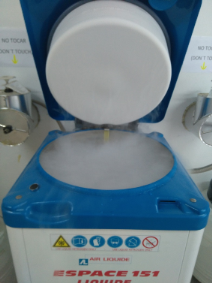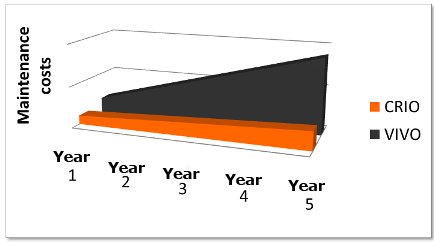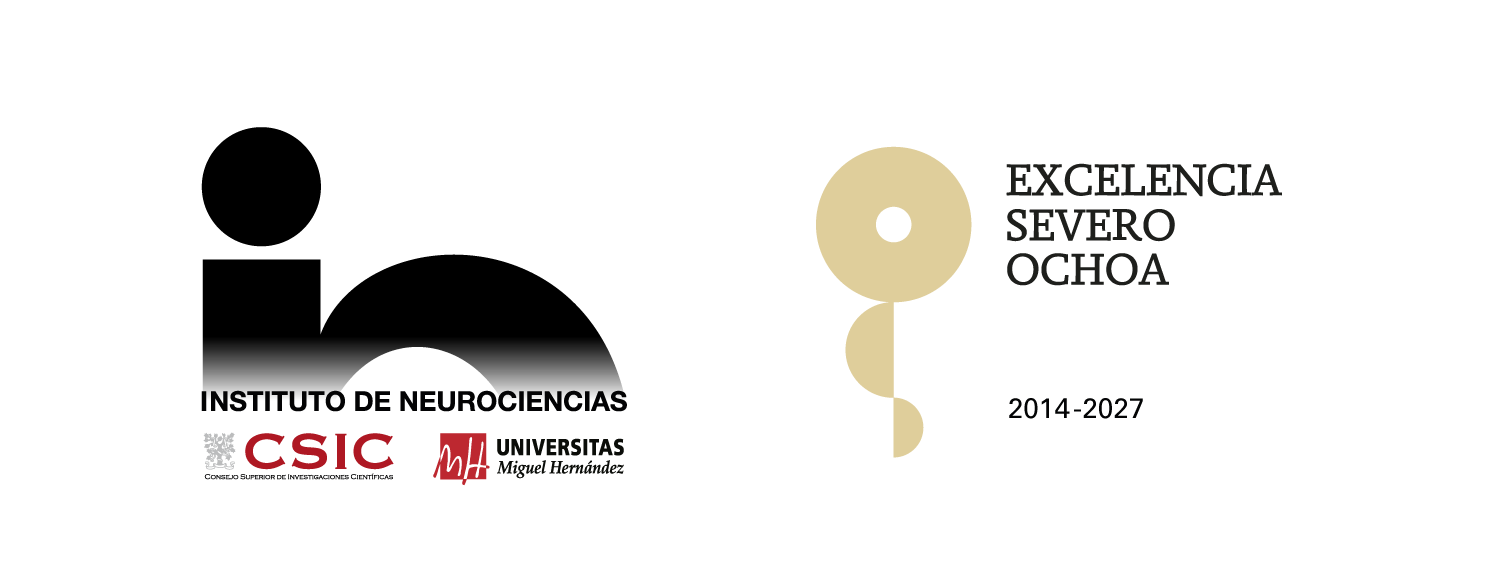- Acuario Zebrafish
Resp. científico: Joan Galcerán
Técnico: Teresa María Gomez Martínez
- Ratones – zona RMG / Estabulación Ratas
Ir a más información: Estabulación-ratones RMG
Resp. científico: Gonzalo Moreno
- Transgénesis y criopreservación
 The Transgenic and Cryopreservation Service offers specialized reproductive biotechnology services for mice. We perform assisted reproductive techniques (in vitro fertilization) to ensure the conservation of infertile and/or endangered strains, aseptic rederivation by embryo transfer to improve the health status of contaminated strains, import/export of strains with cryopreserved or refrigerated material, cryopreservation and archiving of strains, and generation of new genetically modified models using classical additive transgenesis or site-directed mutagenesis techniques.
The Transgenic and Cryopreservation Service offers specialized reproductive biotechnology services for mice. We perform assisted reproductive techniques (in vitro fertilization) to ensure the conservation of infertile and/or endangered strains, aseptic rederivation by embryo transfer to improve the health status of contaminated strains, import/export of strains with cryopreserved or refrigerated material, cryopreservation and archiving of strains, and generation of new genetically modified models using classical additive transgenesis or site-directed mutagenesis techniques.
The service has the following specialized team:
- Heated dissecting microscopes.
- Classic and benchtop CO2 incubators for In Vitro Fertilization.
- Controlled-rate freezing unit.
- Inverted Microscope with antivibration system, Eppendorf´s micromanipulators and Femtojet injector.
- ESPACE 151 liquid nitrogen tank for safe storage of samples with auto filling system.
We offer the following services:
- Sperm and Embryo Cryopreservation.
- In vitro fertilization (IVF).
- In vivo sampling of epididymal sperm.
- Aseptic rederivation by embryo transfer.
- Strain rescue.
- Strain speed expansion through IVF.
- Revitalizing of cryopreserved or refrigerated gametes and embryos.
- Strain Import/Export by sperm, embryos or epididymis.
- DNA or RNA pronuclear/cytoplasmic microinjection.
 Cryopreservation offers the opportunity of archiving valuable laboratory mice strains such as inbred or genetically modified mice, slowing down the onset of genetic drift and insuring them against any natural or sanitary disaster, mismanagement, reproductive problem, or transgene silencing expression.
Cryopreservation offers the opportunity of archiving valuable laboratory mice strains such as inbred or genetically modified mice, slowing down the onset of genetic drift and insuring them against any natural or sanitary disaster, mismanagement, reproductive problem, or transgene silencing expression.
The use of cryopreservation in this area also represents a good opportunity to apply the 3Rs policies, since on the one hand is an indirect method of reduction by avoiding the loss of these lines and therefore avoiding a new investment of animals in its creation, but on the other hand offers the possibility of directly reducing the number of animals used in research by archiving and eliminating strains that are kept alive but nevertheless are not being used. In this sense, cryopreservation is also a mechanism that makes possible the good management of the animal facilities since the elimination of obsolete lines is cost-effective (Table 1) and not only reduces the total maintenance costs of animals, but releases space that is being wasted and could be used by other developing research lines.

Table 1. Ratio of Laboratory mice strains maintenance costs depending on whether they are kept alive or cryopreserved.
In short, cryopreservation prevents us from losing our model, ensures its quality, is an opportunity to apply the 3Rs and reduce the number of animals used in research, and is also advisable from an economic and management point of view.
The Transgenic Services at the CSIC-UMH Institute of Neurosciences provides support to researchers in the generation and establishment of genetically modified mouse models. Our team offers technical advice on the best strategy for achieving the desired model through additive transgenesis or site-directed mutagenesis. The laboratory is located within a biosafety barrier, and work is carried out under aseptic conditions, ensuring the highest standards of hygiene for the newly generated strains.
Service email: criopreservacion.rmg@umh.es
Técnico Superior Especializado:
Patricia Muñoz Robledano
email: pmunoz@umh.es »
M3 Investigación:
Rocío González Martínez
email: rocio.gonzalezm@umh.es »

 English
English